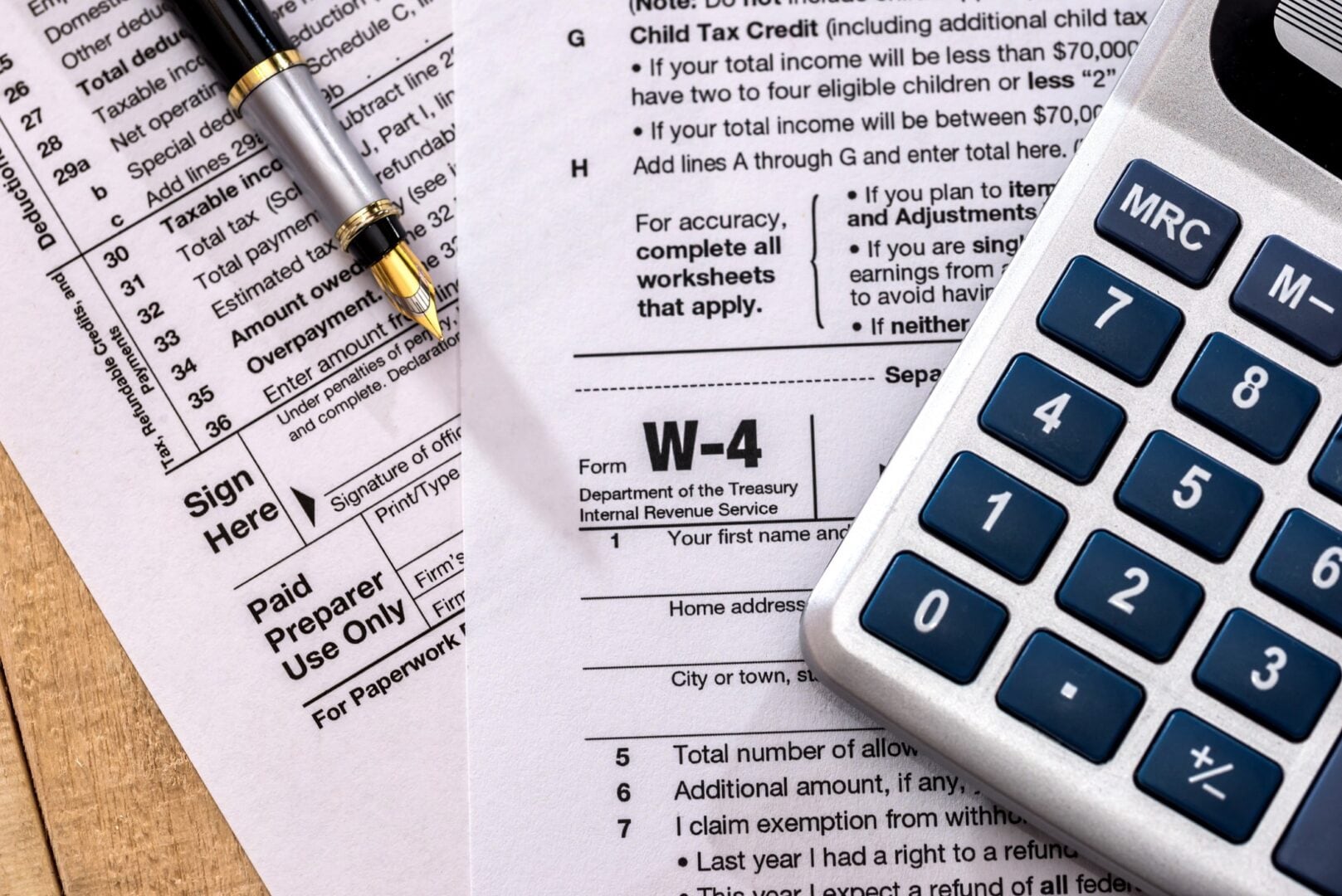Whether you’re a caregiver or a family hiring a caregiver, if the total wages paid out will be $2,800 or more in a calendar year, certain taxes must come into play. Specifically, the caregiver needs to account for federal (and possibly) state income taxes owed to the IRS and state tax agencies.
Important Note: Before the first day of work, families and their caregivers need to make sure a Form I-9 has been completed to verify work eligibility.
Federal W-4 forms
At the time of hire, caregivers should fill out Form W-4 so the family can accurately calculate how much federal income tax to withhold from them each pay period. To make this process easy, download the Form W-4 here.
State W-4 forms
Most states also have income taxes and recommend caregivers fill out a specific withholding allowance certificate or exemption certificate to account for state income taxes. Some states simply allow the caregiver to use the same allowances they selected on the Federal W-4 while a few don’t have any state income taxes at all.
To figure out how much caregivers should be paying in taxes each week, check out our Nanny Tax Calculator.
A list of state W-4 forms
Click on your state to find the right W-4 form:
Alabama (called an A4)
Alaska (no state income tax)
Arizona (called an A-4)
Arkansas (called an AR4EC)
California (called a DE 4)
Colorado (called a DR 0004)
Connecticut (called a CT-W4)
Delaware (use a federal W-4)
District of Columbia (called a D-4)
Florida (no state income tax)
Georgia (called a G-4)
Hawaii (called an HW-4)
Idaho (use a federal W-4)
Illinois (called an IL-W-4)
Indiana (called a WH-4)
Iowa (called an IA W-4)
Kansas (called a K-4)
Kentucky (called a K-4)
Louisiana (called an L-4)
Maine (called a W-4ME)
Maryland (called an MW507)
Massachusetts (called an M-4)
Michigan (called an MI-W4)
Minnesota (called a W-4MN)
Mississippi (called an 89-350)
Missouri (called an MO W-4)
Montana (use a federal W-4)
Nebraska (called a W-4N)
Nevada (no state income tax)
New Hampshire (no state tax income)
New Jersey (called an NJ-W4)
New Mexico (use a federal W-4)
New York (called an IT-2104)
North Carolina (called an NC-4)
North Dakota (use a federal W-4)
Ohio (called an IT4)
Oklahoma (called an OK-W-4)
Oregon (called an OR-WW)
Pennsylvania (no state W-4 required — flat income tax rate for state residents)
Rhode Island (called an RI W-4)
South Carolina (called an SC W-4)
South Dakota (no state income tax)
Tennessee (no state income tax)
Texas (no state income tax)
Utah (use a federal W-4)
Vermont (called a W-4VT)
Virginia (called a VA-4)
Washington (no state income tax)
West Virginia (called a WV/IT-104)
Wisconsin (called a WT-4)
Wyoming (no state income tax)
Your Next Steps:
